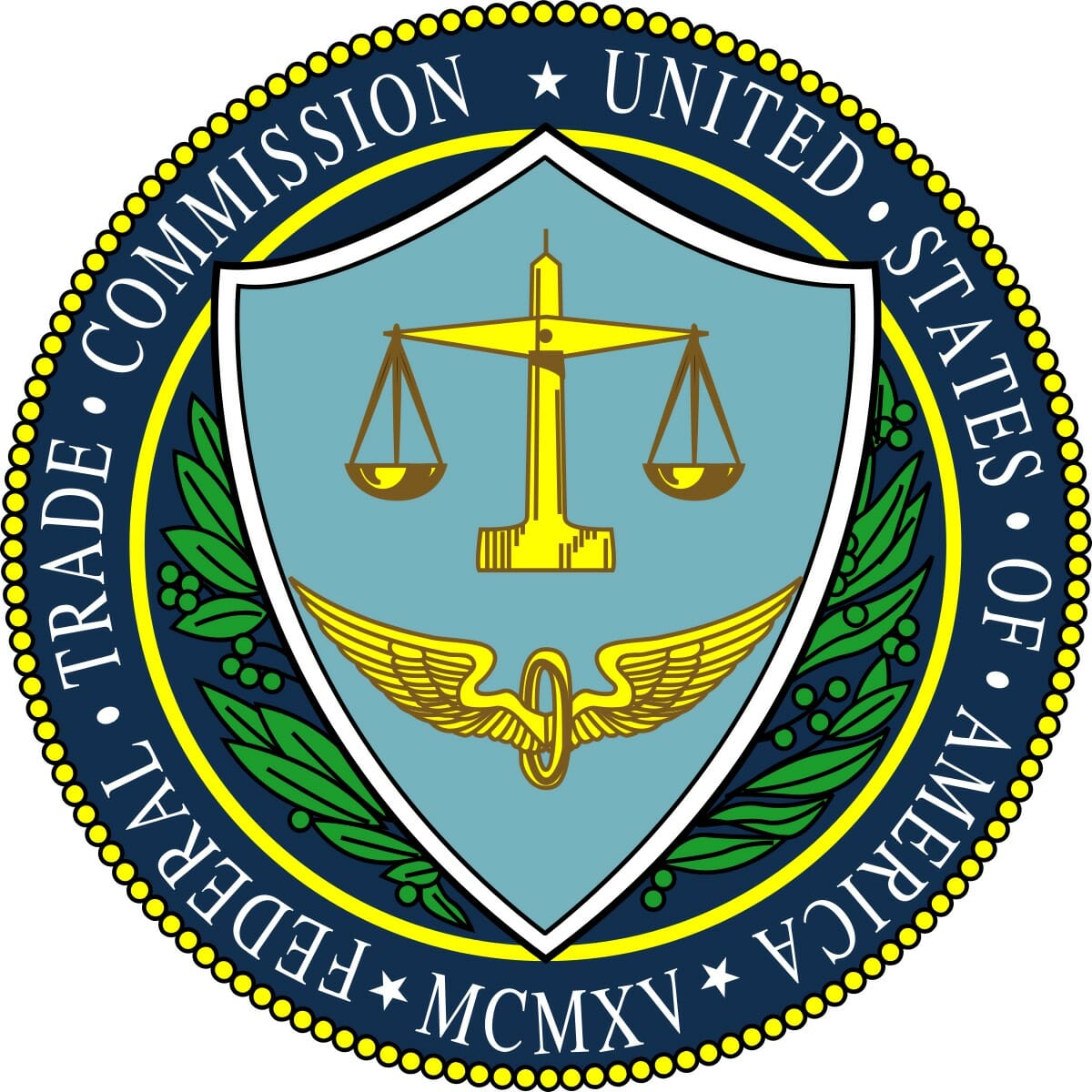The FTC has pressured YouTube into making some controversial changes. (Wikimedia Commons)
Back in September of 2019, the popular social media platform YouTube was fined $170 million by the Federal Trades Commission (FTC) for violating the Children’s Online Privacy Protection Act (COPPA). As a result, YouTube announced that it would make changes to the platform to address the COPPA violations, and on January 6, 2020, YouTube finally implemented the changes.
The COPPA, made effective in April of 2000, was an act made to protect the privacy of children under 13 years of age from online advertisers; unless they have a parent’s consent, websites are not allowed to collect personal information from those under 13.
Because of COPPA, many website privacy policies state that the users of the website’s services must be at least 13 to even make use of their services, though these rules are often ignored, especially now that the internet plays such a key role in our society. YouTube, despite its terms of service stating that users must be 13 years or older to use the platform, has plenty of users under 13, and with all the features that track your preferences on YouTube, it’s impossible for information to not be collected.
In the grand scheme of things, $170 million is not that much for YouTube. However, the FTC has also decided that the content creators on YouTube can be held responsible for violating COPPA, despite them not being the ones collecting any personal information on their younger viewers. This means that the FTC can fine content creators up to $42,530 per COPPA violated video.
To help content creators not get fined, YouTube has added a “made for kids” tag that can be added to either an entire channel or individual videos, which disables features such as notifications, comments, and personalized ads.
This new tag was added to allow videos that target children to be safe from the FTC’s eyes, since they won’t have the features that allow data collection. However, because of the disabled features, videos with the tag will generate decreased revenue, and will also receive less viewership, drastically decreasing overall profit for the creator.
The many YouTubers who don’t make child directed content will most likely not be affected by these changes. However, countless others whose main audience is comprised of kids will receive drastically less revenue and viewership. Even channels that target a general audience instead of just kids may be in trouble, bringing up the question of whether it’s worth continuing to create kid directed or general content.








